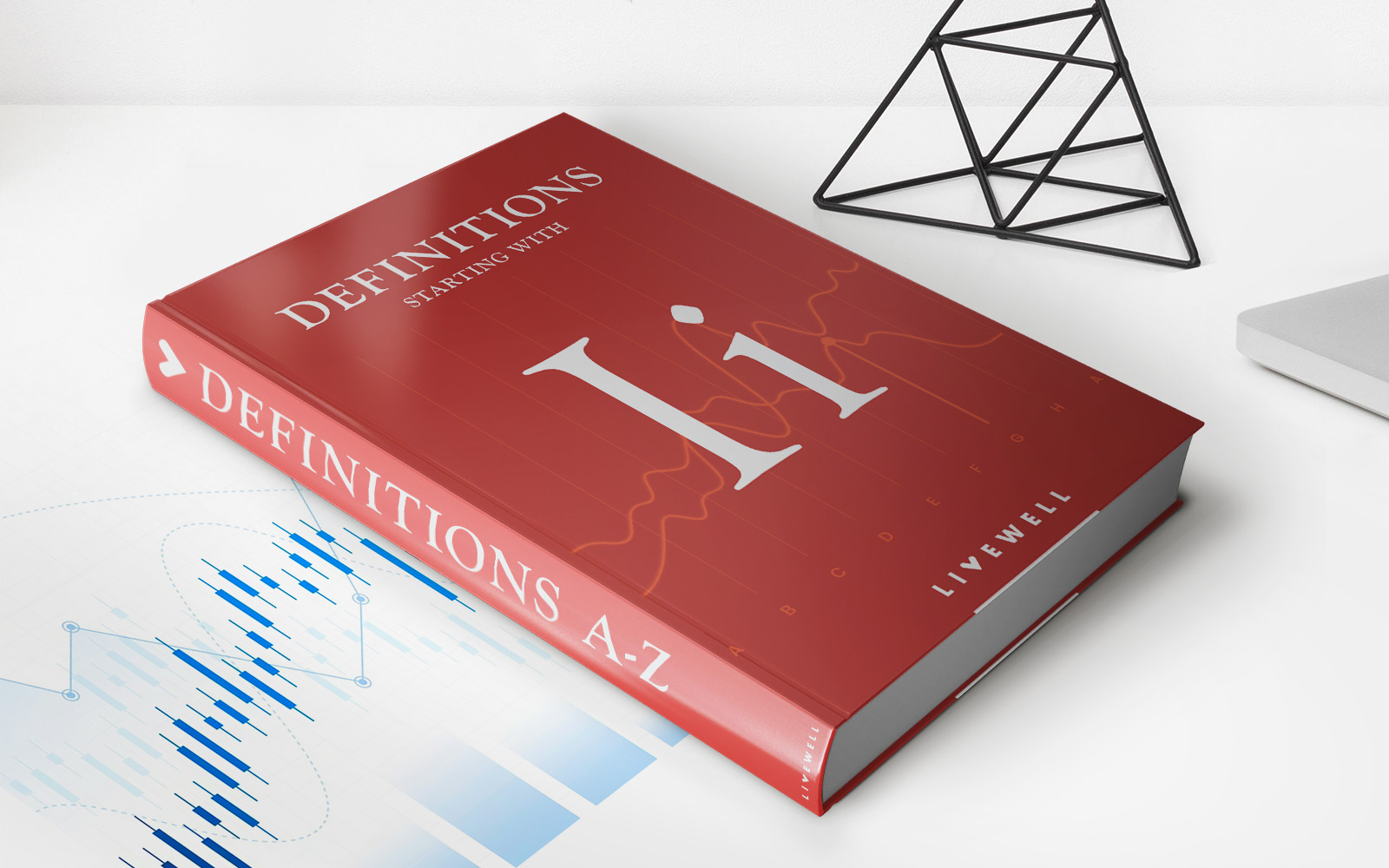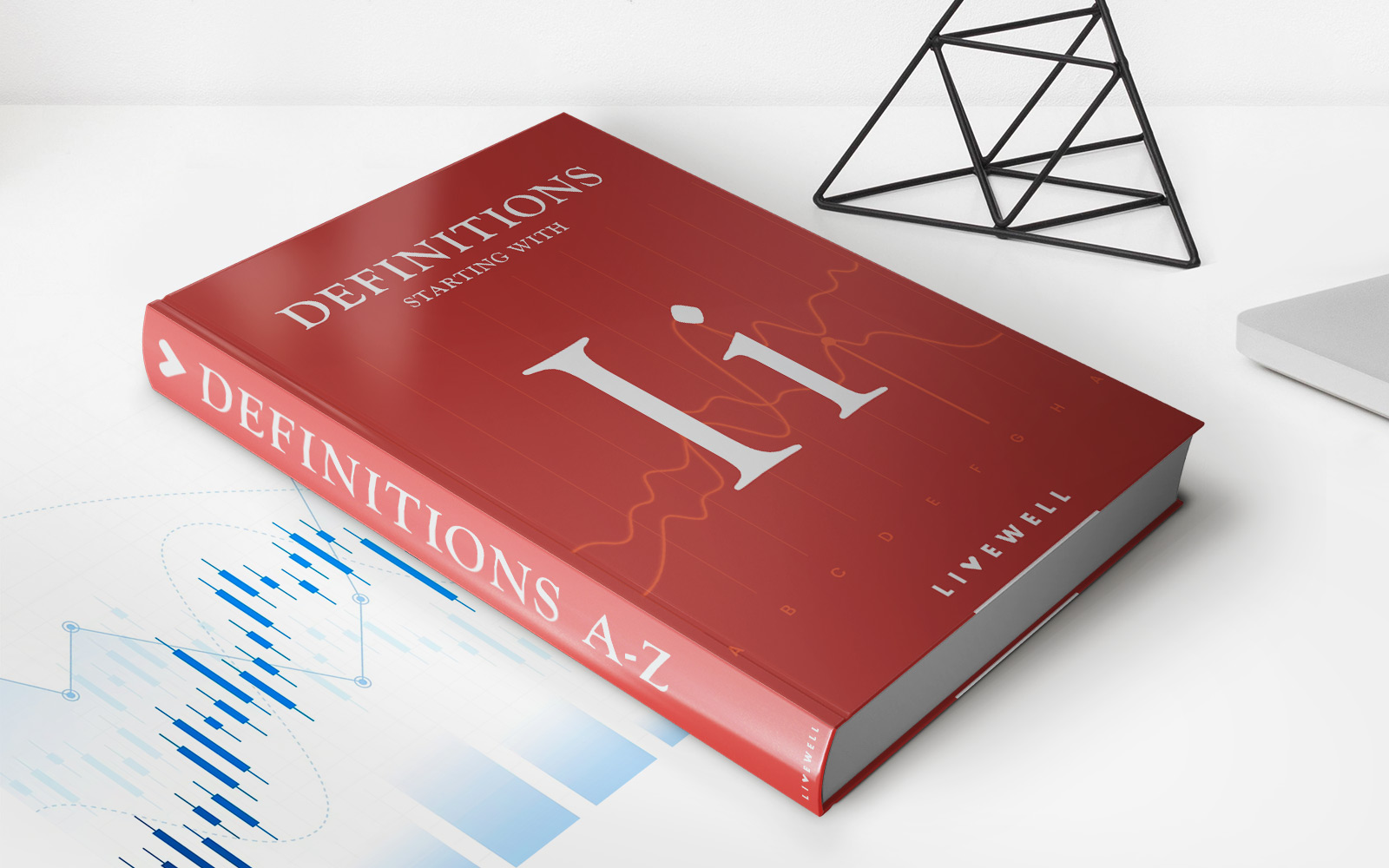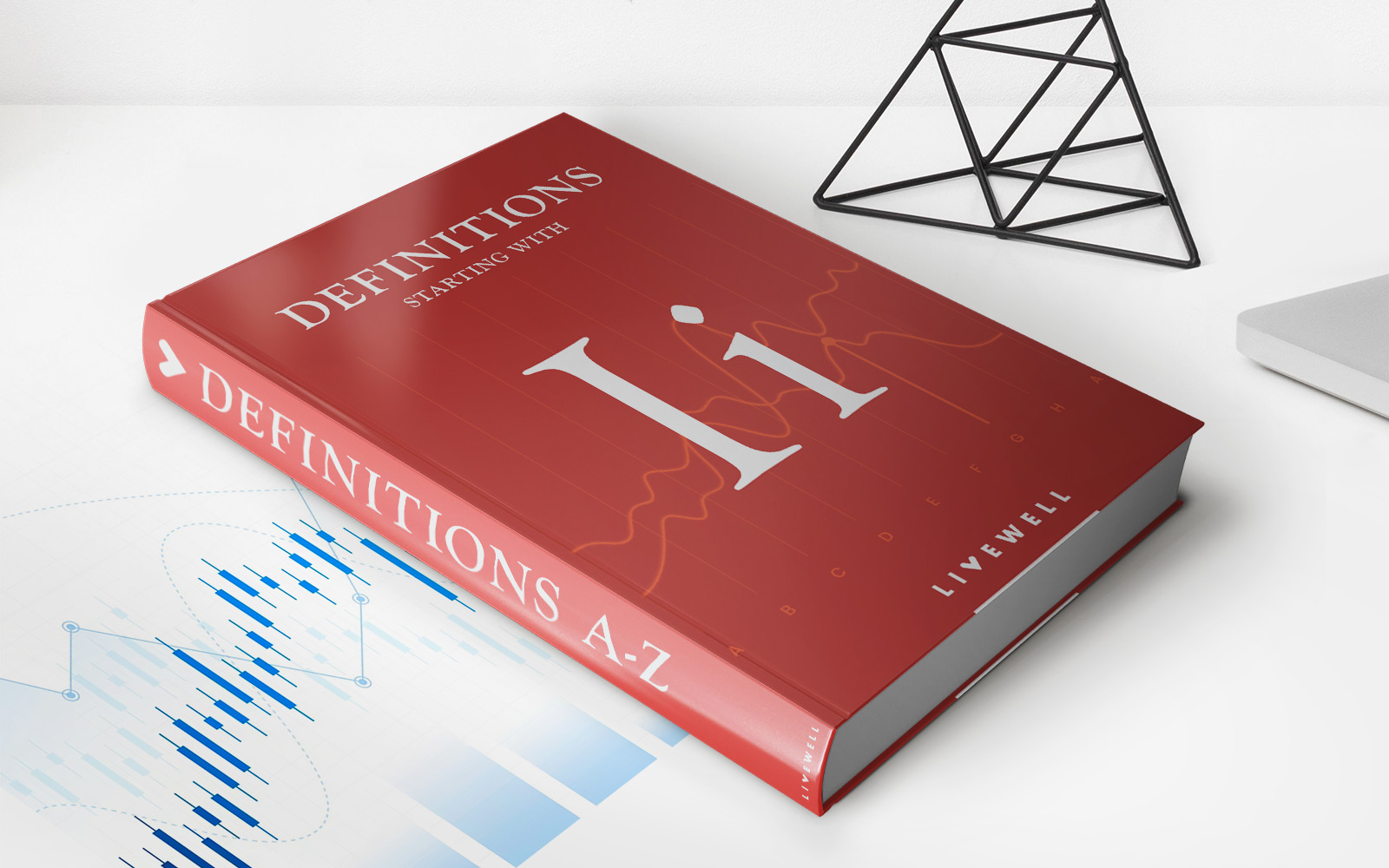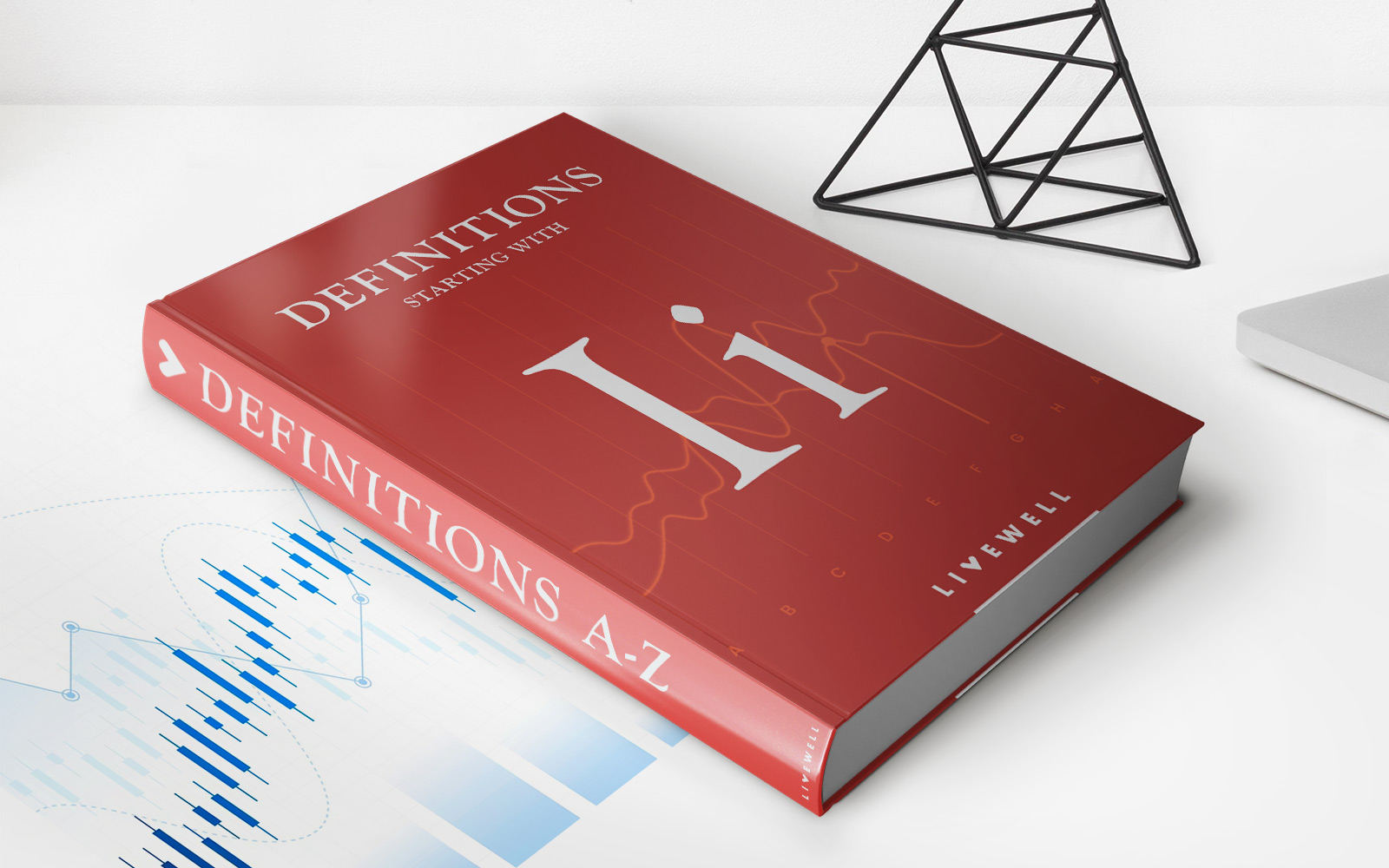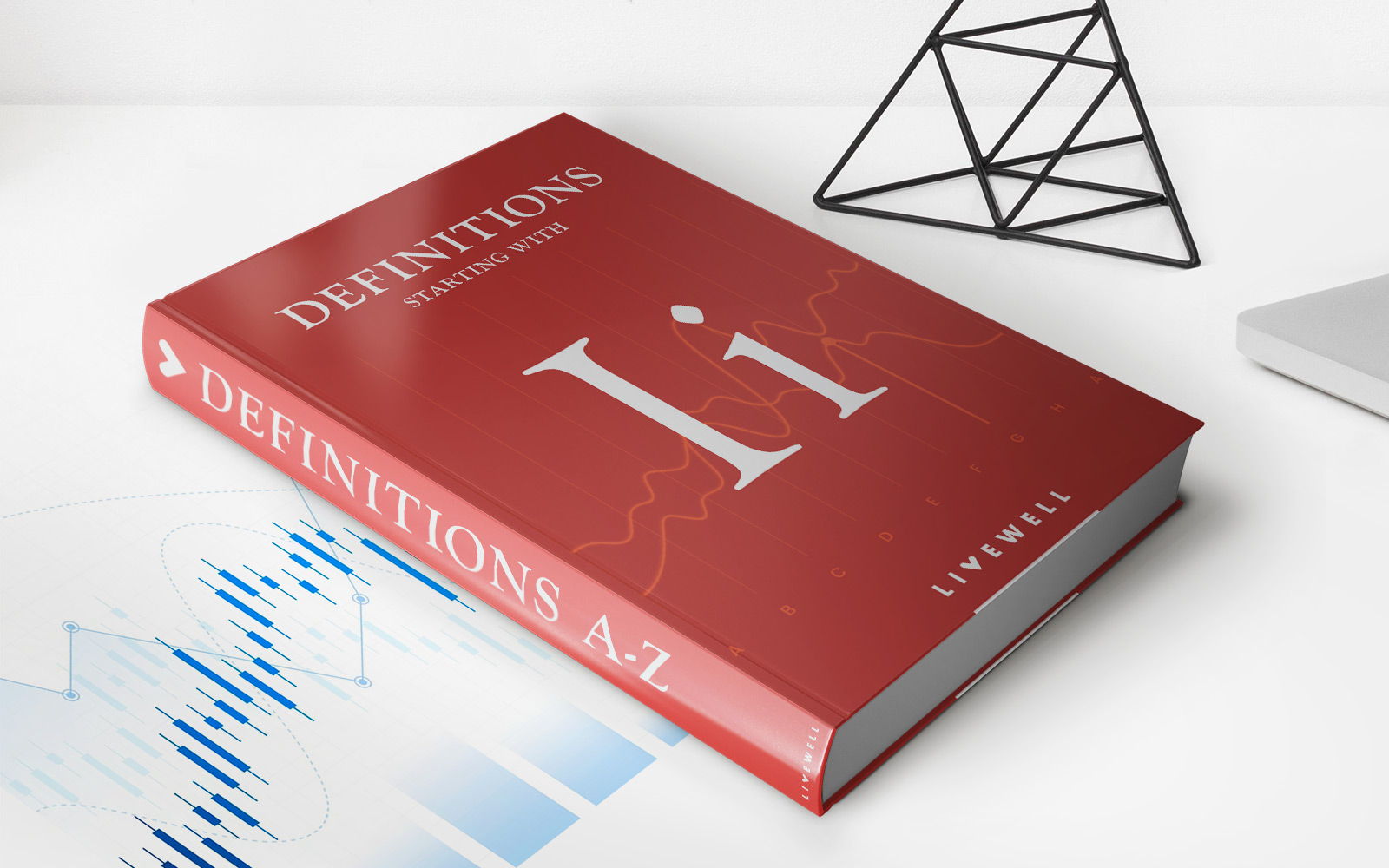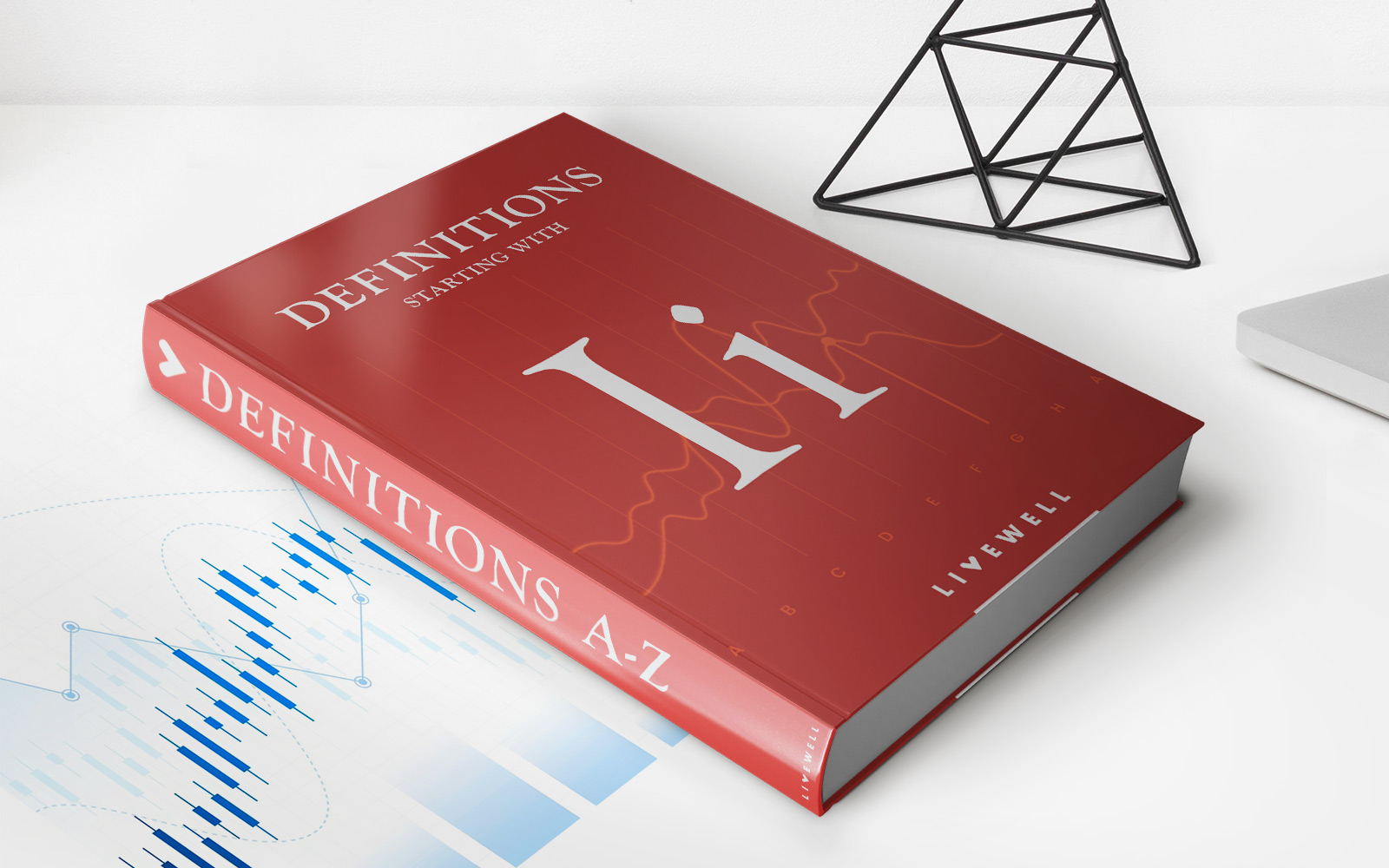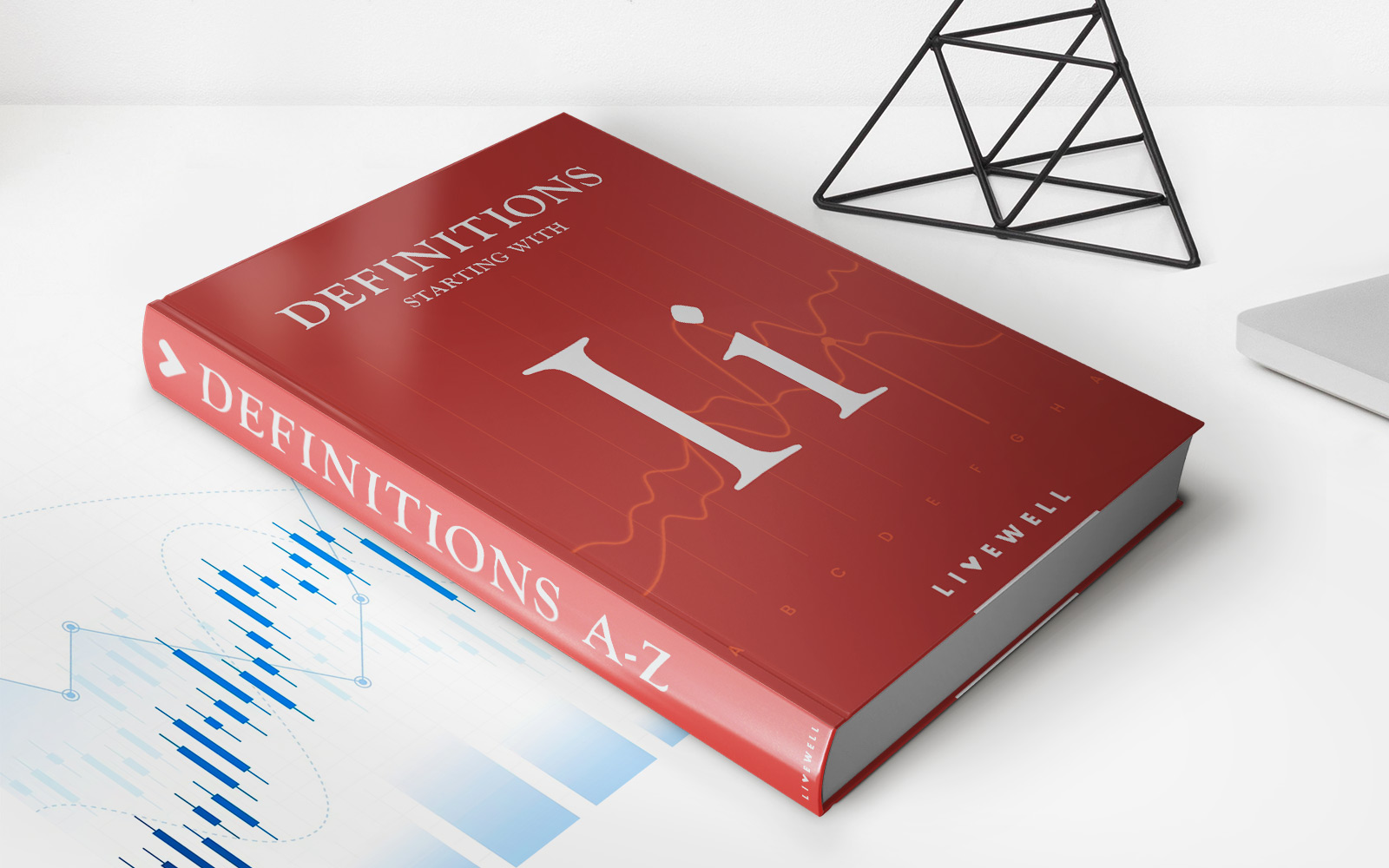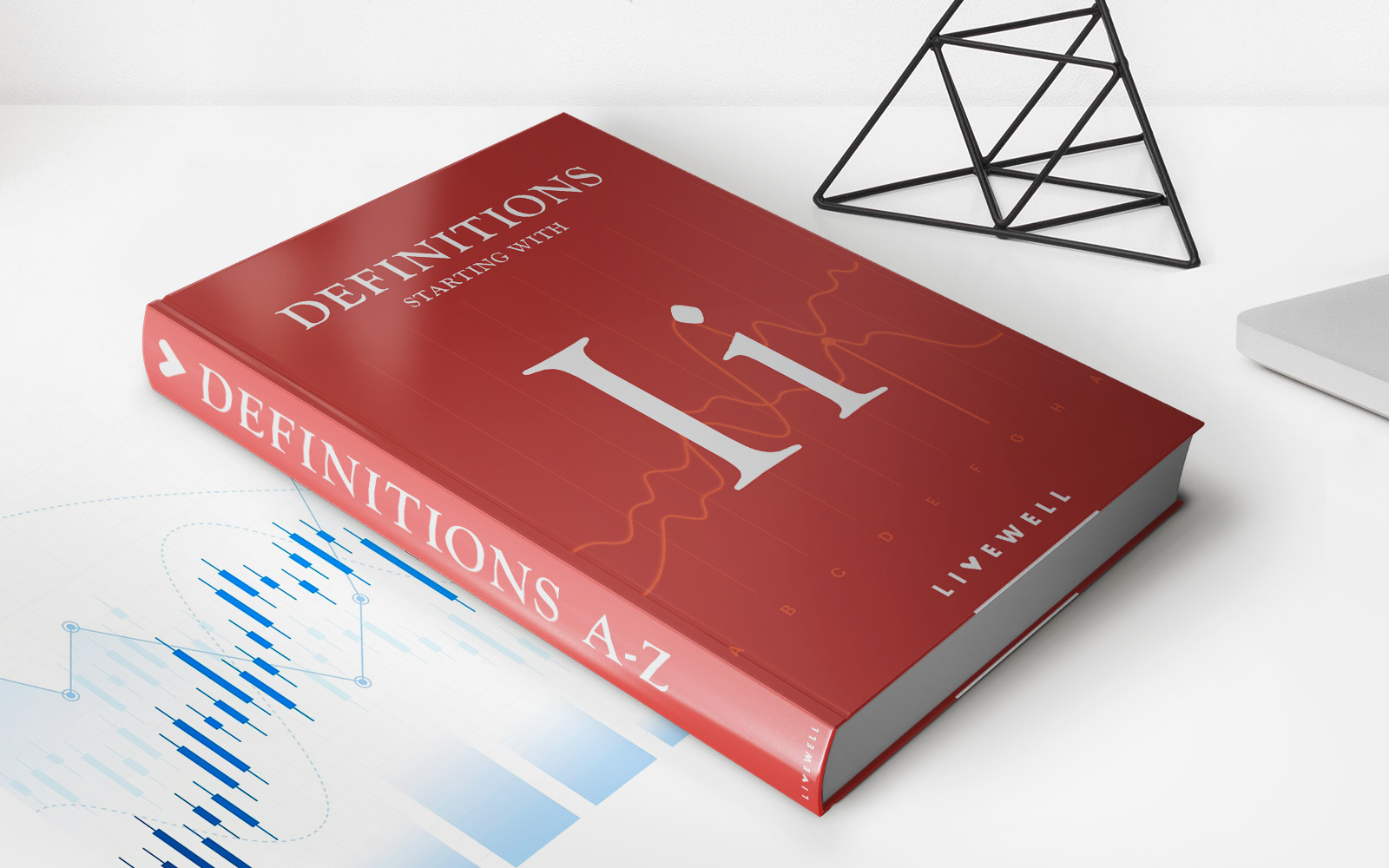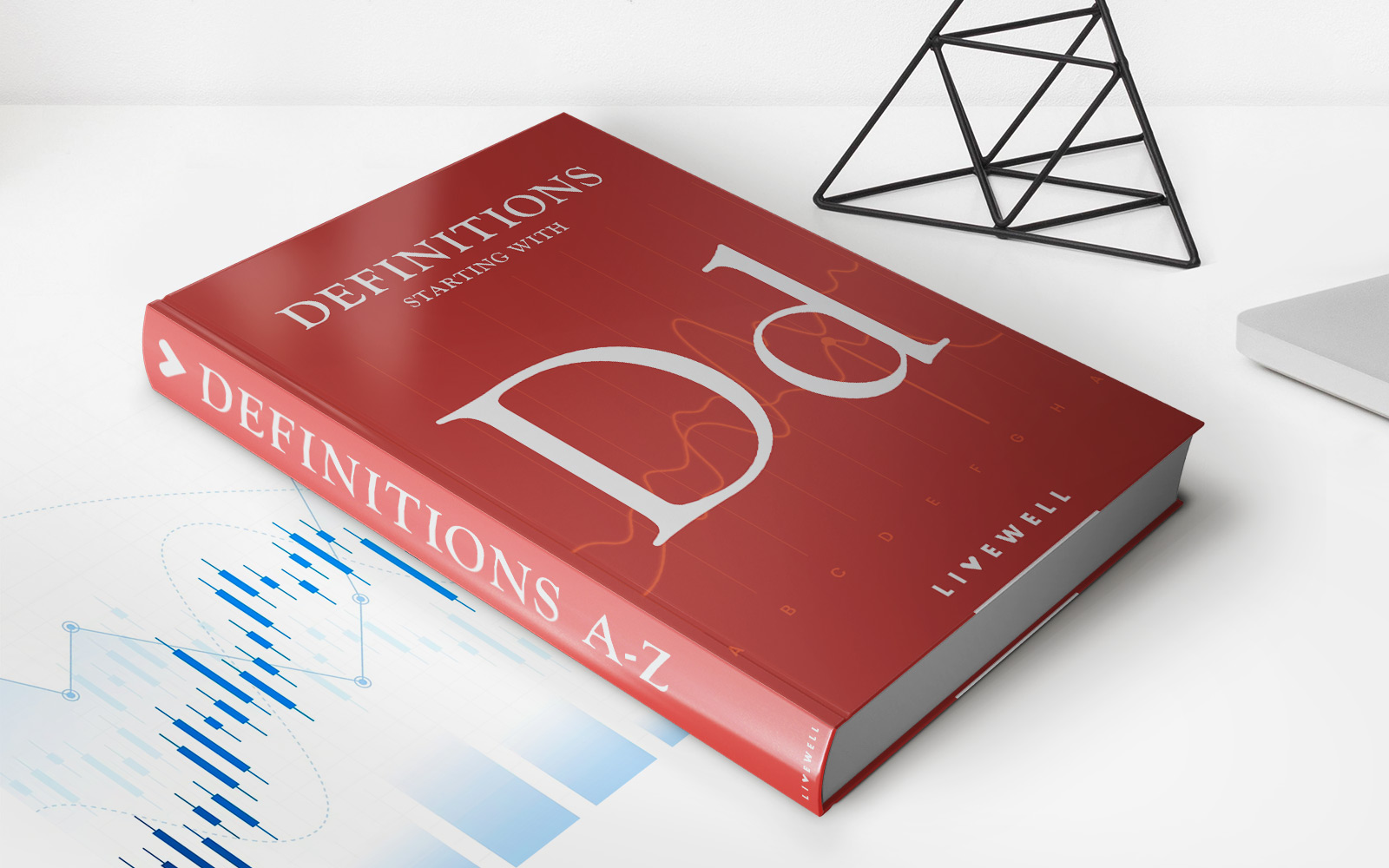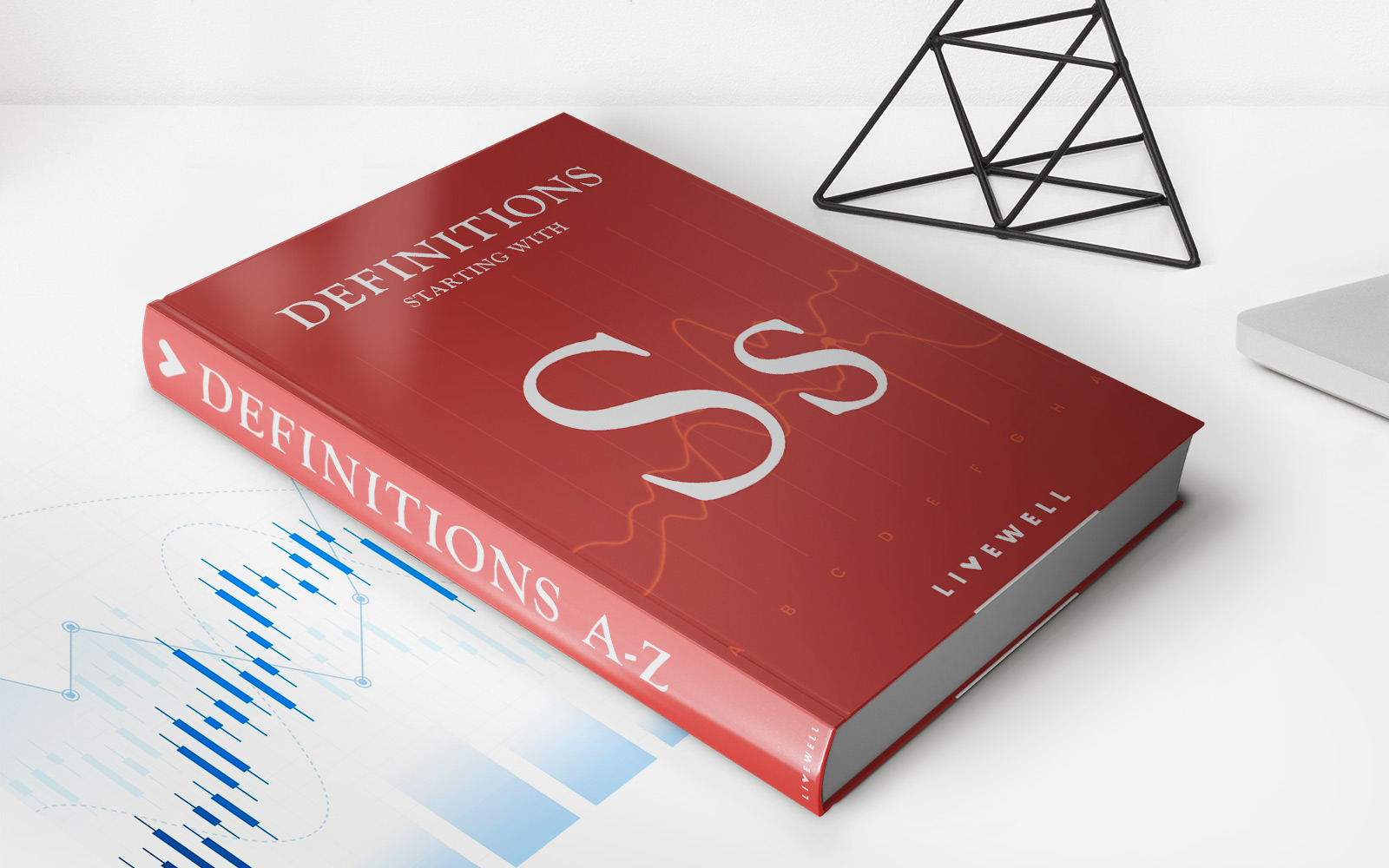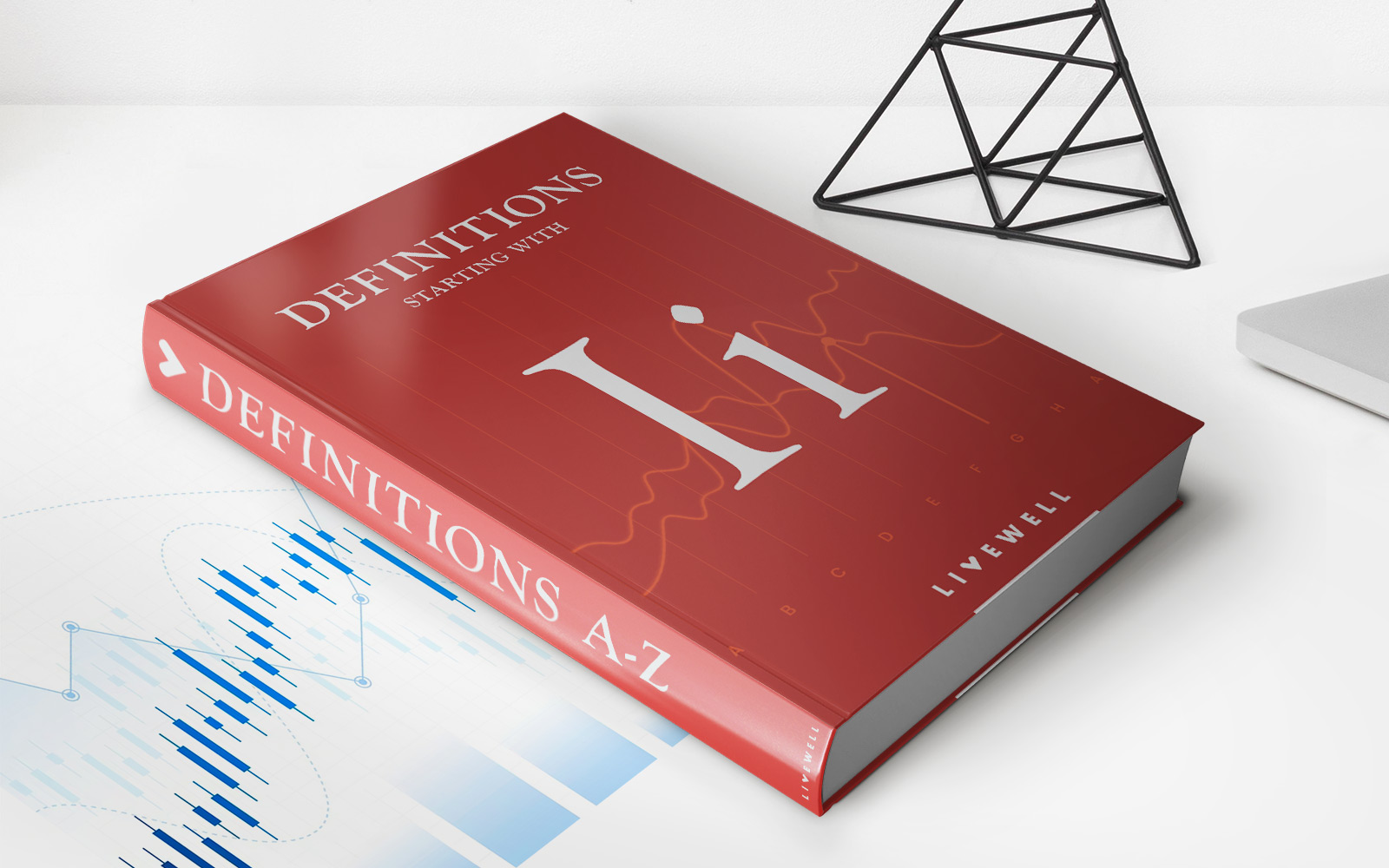

Finance
IRS Publication 575 Definition
Published: December 13, 2023
Learn the official definition of FINANCE according to IRS Publication 575. Understand its guidelines and regulations for tax purposes.
(Many of the links in this article redirect to a specific reviewed product. Your purchase of these products through affiliate links helps to generate commission for LiveWell, at no extra cost. Learn more)
Understanding IRS Publication 575 Definition: A Comprehensive Guide
When it comes to personal finance, having a solid understanding of the tax code is crucial. One area that often causes confusion for individuals is how retirement plans and distributions are taxed. This is where IRS Publication 575 comes into play. In this blog post, we will dive deep into the definition of IRS Publication 575 and explore its importance in the world of personal finance.
Key Takeaways:
- IRS Publication 575 provides detailed information on the taxation of pensions and annuities.
- Understanding IRS Publication 575 can help individuals make informed decisions regarding retirement planning and distributions.
So, what exactly is IRS Publication 575? It is a document prepared by the Internal Revenue Service (IRS) that provides guidance on the taxation of pensions and annuities. This publication aims to help taxpayers understand the rules and regulations concerning retirement distributions and payments.
Why is IRS Publication 575 important?
IRS Publication 575 is an invaluable resource for individuals who are planning for retirement or who are already receiving pension or annuity payments. By reading and comprehending the information contained within this publication, you can:
- Determine how much of your pension or annuity payment is taxable: IRS Publication 575 outlines the formula used to calculate the taxable portion of your retirement income. This knowledge can help you budget and plan for your future tax obligations.
- Understand the taxation of lump-sum distributions: If you receive a lump-sum distribution from your retirement plan, it can have significant tax implications. IRS Publication 575 provides guidance on how to calculate the taxable portion of these distributions.
- Identify exceptions and special rules: The IRS acknowledges that there are certain circumstances where retirement income may be exempt from taxation or subject to special rules. IRS Publication 575 helps you identify these exceptions and understand the applicable rules.
- Make informed decisions about your retirement accounts: Armed with the knowledge from IRS Publication 575, you can make informed decisions about your retirement accounts. Whether you are considering rolling over your pension into an IRA or exploring annuity options, understanding the tax implications is crucial.
In conclusion, IRS Publication 575 is an essential resource for anyone navigating the complex world of retirement taxation. By familiarizing yourself with this publication, you can make informed decisions about your retirement planning and ensure compliance with IRS regulations. Remember, when it comes to personal finance, knowledge is power.


